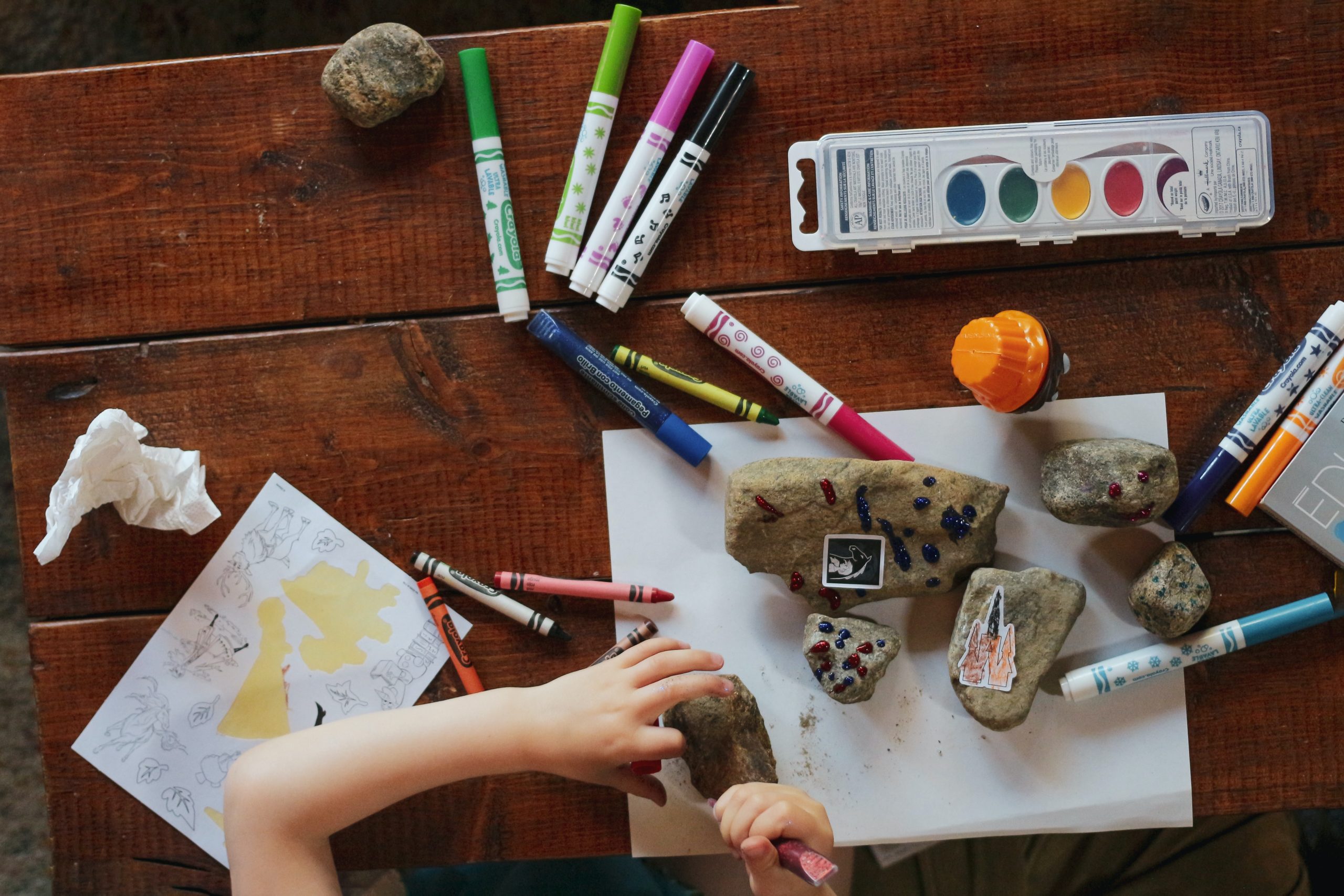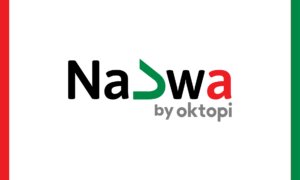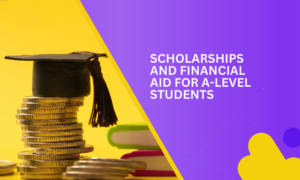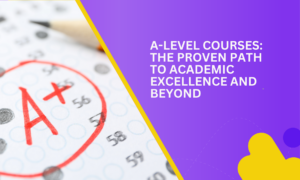Unschooling is a form of homeschooling, which is the education of children at home or other places rather than in a school. It involves teaching children based on their interests rather than a set curriculum. Like in many alternative educational systems, the fundamental idea is that the child is at the center of all learning. This educational method replaces formal teaching with individualized learning through curiosity-driven experiences.
It is based on the idea that children can direct their own learning, at their own pace, without the rigid structures of formal education. Instead of following curricula, students are given a supportive setting that fosters their natural curiosity about the world. The learning choices are made according to the demands, needs, projects, passions, and interests of the learner. They are at the heart of learning, both as an actor and a leader.
It’s believed that this curiosity can develop into formal learning, even without formal schooling — hence the term “unschooling.”
Unschooling promotes individualized learning by allowing the learner to make their own choices regarding what and how they learn. The role of the parent is to provide the learner with an environment that fosters their natural curiosity. This may involve providing activities and support that help develop this curiosity into learning new things. If an activity is not suitable for the child, it is put aside until the moment when they will be interested in the subject.
Why do parents opt to unschool their children?
The parent can offer learning in response to an interest the child has in a subject or a request made at a given time. For the parent, the school program can be used as a reminder to imagine activities, outings, trips in connection with the expected end of the cycle.
In most unschooled families, learning is done in connection with the life led by the family and the child, the experiences, and the opportunities they encounter. The objective of this pedagogy is to nourish a thirst for learning, to cultivate the love of knowledge and the growing curiosity found in children. In practice, independent learning differs depending on the interests of the families and especially the children. All themes can be covered: reading, music, botany, biology, mathematics, zoology, history, geography, philosophy but also cooking, gardening… However, these are not subjects that are “studied”: it is because a question is asked that it obtains an answer, which will relaunch another question, and so on…
How is unschooling different from traditional schooling or homeschooling?
Generally, parents who choose to unschool take a more hands-off approach. For example, unschooling doesn’t rely on workbooks or textbooks. Instead, learners may choose to use any of the following methods to find new information:
- Books they choose to read and explore.
- People they speak to, such as parents, friends, or mentors.
- Places they visit, such as museums or formal work settings.
- Interactions with nature and the world around them.
There are no tests or grades to measure competency. There are no deadlines or goals set by the teacher. Any personal goals are decided by the learner and are worked on at their own pace. With unschooling, the learner continues to learn naturally through interactions in their everyday life.
Unchooler parents usually work to create a family environment that will support and cultivate this natural desire to learn and allow children to join the world of adults little by little, and become independent adults themselves.
Self-directed learning is not necessarily for everyone. Although all children can learn and thrive as unschoolers, it takes a desire and an intense enthusiasm to be an unschooler parent. Becoming an unschooler parent is a lifelong job. They must develop great sensitivity to their child and be very observant to know what to offer them and when to do so. They must learn to step aside when it’s useful or necessary and know when the child needs solitude, but at the same time, they must know how to be present when the child needs help and encouragement. The accompanying parent should know the interests of each of his children and show respect for all of a child’s interests equally, think about what interests them, and create encounters with the outside world accordingly. But most importantly, the parent must learn to let go and have confidence in the abilities of their children.
Unschooled families want their children to discover their own passions, to have confidence in themselves and in life. They also want their children to be able to make their own choices; which means their children are free to have their own thoughts, even if it’s opposed to their culture, or to the parents’ idea of what is right.
John Holt, an American critic of public education who became one of the most prominent advocates for homeschooling in the late 1970s and early 1980s, summarizes unschooling in two simple quotes. He says that:
“Learning is not the product of teaching. Learning is the product of the activity of learners.” and that
“There is no difference between living and learning… it is impossible and misleading and harmful to think of them as being separate.”













